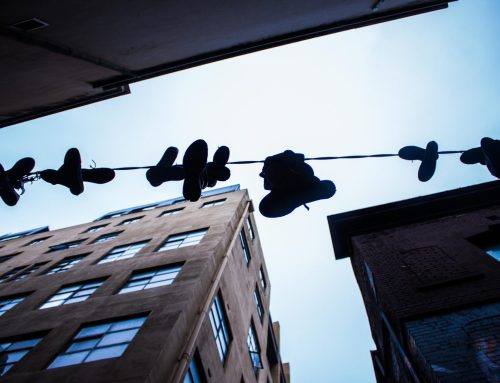How much do the noisemaker vendors of La Rambla make per day?
I thought perhaps the answer to Spain’s unemployment crisis lies within El Pito, the small plastic whistle that provides Barcelona’s signature strip with the incessant squeaking sound of a parakeet orgy.
As with any illegal operation, determining exact figures and calculating the income of an unlicensed pitero (they’re in the same phylum as lateros, so they will hereby be referred to as “piteros”) is complicated.
I went straight to the source, yet no matter what I first asked the pitero – questions which never involved numbers – their response was always the same: “one euro.” In keeping with my journalistic principles, I refused to pay for sources, which in this case mirrored my general life principle of not paying for complete bullshit.
Once it was clear that I would not buy a pito, the conversation became even tougher, and was normally concluded when the pitero instantly forgot how to speak Castilian and English.
Finally I met a talkative pitero named Salim, who could still only answer one-third of my questions. He told me he charges 2€euros per pito and normally sells four to five a day. He was extremely vague about how many hours and days he works.
Based on the assumption that he isn’t instantly talked down to 1euro per pito – a big assumption – this means at most he averages 10 euros a day. That’s 10 euros before his costs (these are 3cm pieces of plastic, so they can’t be high) and whatever he pays to the Pitero Kingpin.
And piteros are definitely an organized syndicate, so organized that while doing my field research I witnessed Lead Pitero yell at his pitero pawn, “(angry unintelligible language) beep, beep, beep (more angry unintelligible language)” as he scolded him for making the wrong kind of annoying sounds.
To try and get a better idea of their daily income, I sat on a Rambla bench on a sunny Saturday afternoon to track the sales of two piteros slanging their squeakers.
I studied their moves, the non-stop noise-making, the relentless harassment of anyone within an arm’s reach, and how they especially went after young female tourists, which leads me to believe that the sound might also have a mating purpose behind it.
The only time there was silence was when the neon-clad Guardia Urbana strolled by, which caused the piteros to instantly disappear. I spoke with one policía, who told me he fines 10 to 20 piteros a day – fines that can range from 100€euros to 250 euros, plus the confiscation of their precious pitos and pito-related cash.
Sr. Lead Pitero noticed me talking to the police and his piteros and gave me an evil stare; a look that said if I talk to the police once more, he’d have his night posse shoot me with rubberband-propelled weapons that shoot blinking-LED-clad-bullets.
Yet I stood tall and continued to scope the scene. In one hour, Pitero #1 sold four pitos, while Pitero #2 hadn’t made a sale. In an effort to get into the mind of the kind of sick, twisted individual who would buy a pito, I talked to each of Pitero #1’s customers (well, as best I could, they were all Italian). They cited “fun” and “curiosity” as their motives and each paid 1 euro per pito.
Near the end of my watch, Pitero #2 was yet to make a sale, until two tall, well-dressed men approached him. The men made such a sizable purchase that Lead Pitero had to come over to pull euros from the secret stash located in his shoe.
After the dapper tourist put the shoe money and a handful of pitos in his blazer pocket, I asked him what could compel a man to buy so many fucking pitos – but I asked this in a nice way that didn’t question his sanity.
The Dutch man told me he bought 10 so his son could sell them at school back in Holland.
It was then I realized that I was worrying about the wrong issue. It doesn’t matter if these piteros are making a few euros a day. What matters is that this terribly obnoxious sound is spreading, and is now on the brink of becoming a global epidemic.







